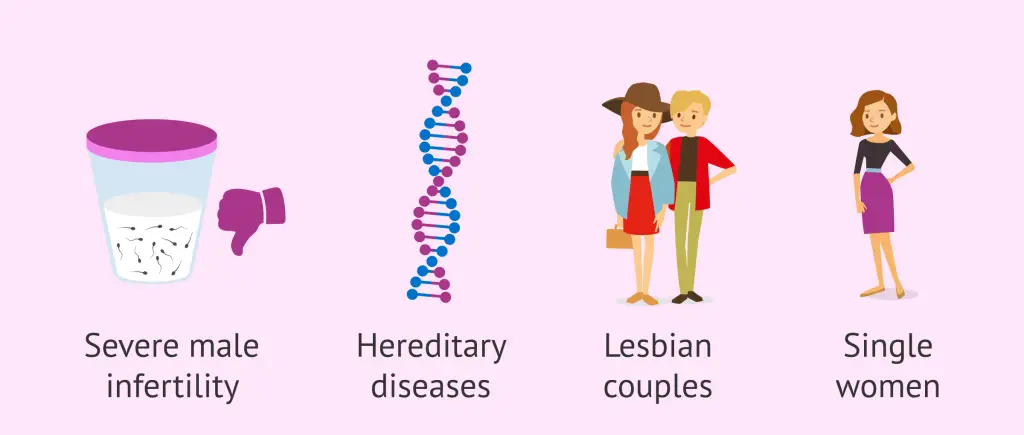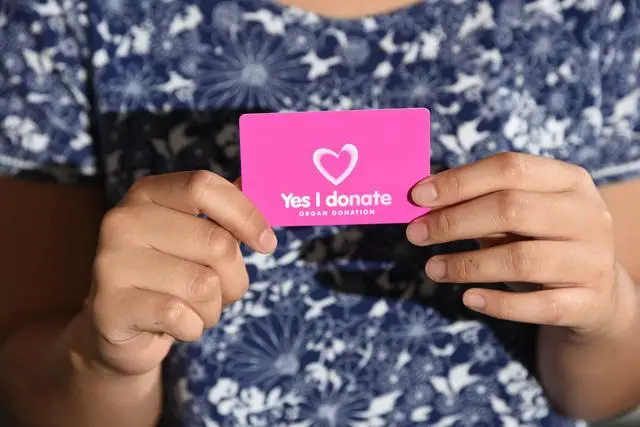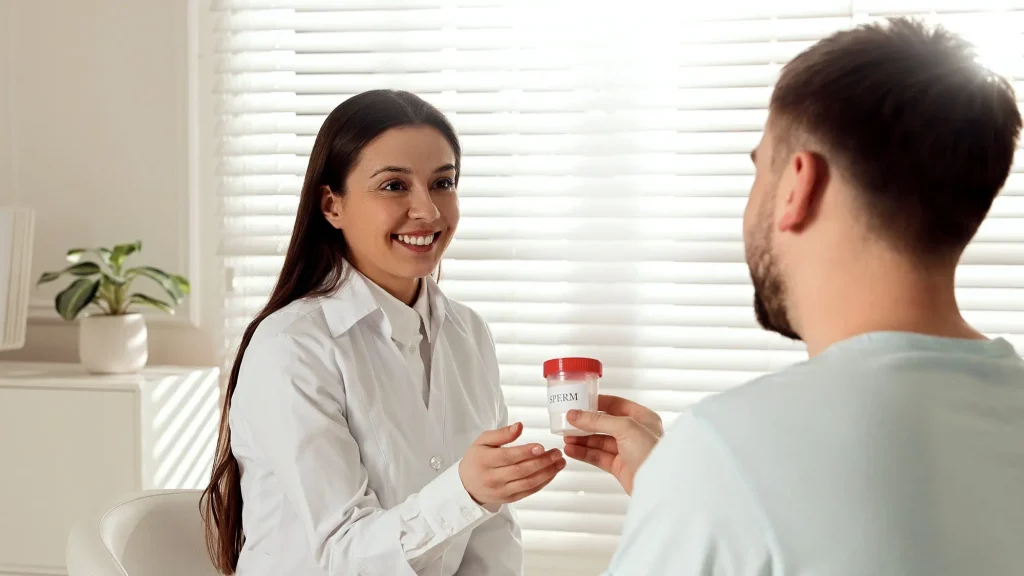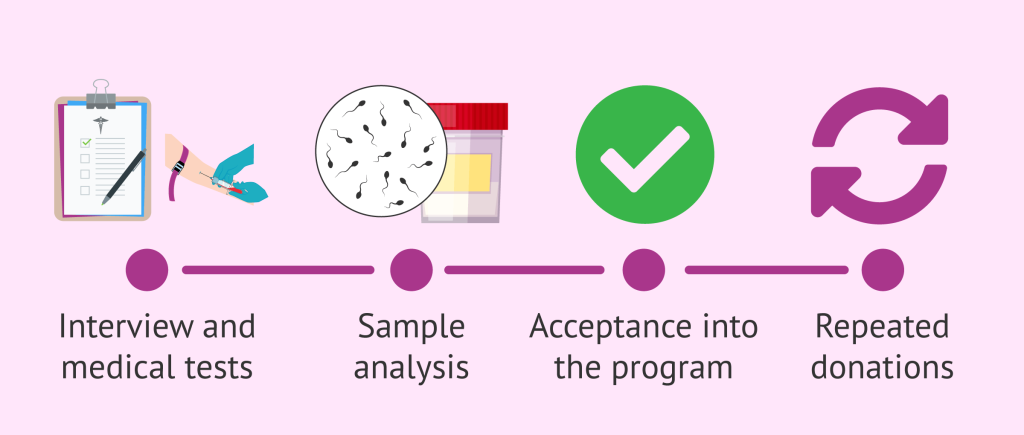Sperm Donation: Creating Families, Creating Opportunity
In today’s world, the journey to parenthood is as diverse as the families it creates. For many individuals and couples facing infertility, same-sex couples, and single parents by choice, sperm donation represents hope — a path toward building the family they’ve always dreamed of. But for the donor, sperm donation is more than just a medical process. It’s an opportunity to make a meaningful impact while also earning passive income.
In this article, we’ll explore the incredible role sperm donors play in helping others achieve parenthood — and how, in return, they benefit from a flexible, low-commitment way to support their financial goals.
https://barefut.com/?afmc=2cz
https://health-beauty-healthbuy.myshopify.com/products/xtremeno?bg_ref=Nin3qFBu74
https://health-beauty-healthbuy.myshopify.com/?bg_ref=Nin3qFBu74

https://health-beauty-healthbuy.myshopify.com/f9piiq
The Gift of Life: Why Sperm Donation Matters
Parenthood is a deeply personal dream for many people, but unfortunately, it’s not always biologically possible. Health conditions, fertility issues, or lack of a male partner can make conception difficult or impossible without assistance. This is where sperm donation comes in.
Every year, thousands of families are created thanks to the selfless decision of sperm donors. These donors provide healthy, high-quality sperm that can be used in various fertility treatments — including intrauterine insemination (IUI), in vitro fertilization (IVF), and even surrogacy arrangements.
What may seem like a small act for one person can change the entire course of someone else’s life. Sperm donors aren’t just helping people have children — they’re giving the gift of parenthood, a dream come true for so many.

Who Needs Donor Sperm?
Understanding the importance of sperm donation starts with understanding who it’s helping. Donor sperm can be a critical piece in the puzzle for:
-
Couples facing male infertility: If the male partner has a low sperm count or poor sperm quality, donor sperm may be the best or only option.
-
Same-sex female couples: For lesbian couples, sperm donation is often essential to starting a biological family.
-
Single women by choice: Many women are choosing to become mothers on their own terms and rely on donor sperm to do so.
-
Individuals with genetic conditions: Some men carry inheritable conditions they don’t want to pass on. Donor sperm allows them to still grow their family in a safe way.
Every donor plays a role in supporting these diverse paths to parenthood. It’s a beautiful, inclusive way to support the evolving idea of what a family can look like.

What’s in It for the Donor?
Let’s be honest — most donors don’t just do it for altruism. And that’s okay.
Sperm donation can be both emotionally rewarding and financially beneficial. In fact, many donors are surprised by just how convenient and profitable the process is. Here’s why:
1. Passive Income Stream
Unlike a traditional job, sperm donation allows you to earn money passively. Once you’re accepted into a donation program and start donating regularly, you receive compensation for each donation — usually on a weekly or bi-weekly basis.
Over time, this adds up. Many donors earn hundreds or even thousands per month, depending on frequency and the clinic’s compensation policy. For students, freelancers, part-timers, or anyone looking to supplement their income without clocking into a second job, this is a win-win.
2. Flexible and Low Commitment
There’s no long commute, no meetings, and no deadlines. Sperm donation typically involves a short, private visit to a clinic once or twice a week. You’re in and out in less than an hour.
This makes it an ideal side hustle for anyone with a busy or irregular schedule. Plus, you don’t need any special skills, certifications, or physical labor — just good health and a willingness to help.
3. Health and Genetic Screening (For Free)
One underrated benefit of becoming a donor is the thorough health screening process. Clinics perform full physicals, STD testing, and genetic screenings at no cost to you. You get insight into your reproductive health and family history, which can be valuable for your own life planning.
4. A Chance to Leave a Legacy
For many men, sperm donation is a way to contribute to the world in a meaningful way, even if they don’t plan to become parents themselves. You’re helping someone else fulfill their dream — and in doing so, leaving a legacy of kindness, generosity, and impact.

What Makes a Good Donor?
Not just anyone can walk into a clinic and become a sperm donor. Clinics are selective, because the quality of the sperm and the health of the donor directly affect the chances of a successful pregnancy.
Here’s what most sperm banks look for:
-
Age between 18 and 39 (some clinics cap at 34)
-
Good physical and mental health
-
No serious genetic or hereditary conditions
-
Healthy sperm count and motility
-
Willingness to commit to a donation schedule
-
No risky lifestyle behaviors (e.g., drug use)
Many clinics also look for donors with higher education or specific physical traits, depending on recipient demand. But the most important factor is being healthy, reliable, and understanding the impact of your decision.

The Process: What to Expect
Sperm donation is straightforward, but it involves several steps to ensure quality and safety.
Step 1: Application and Screening
You’ll fill out an application covering your medical history, lifestyle, education, and background. Then, you’ll go through a physical exam and semen analysis to assess sperm quality. If you pass, you’ll be invited to donate regularly.
Step 2: Regular Donations
Once accepted, you’ll donate at the clinic — usually in a private room. Your donations will be frozen, quarantined, and tested for infectious diseases before being cleared for use.
Some clinics require a commitment of at least 6 months to a year, with regular donations (often 1–2 times per week).
Step 3: Compensation
You’ll be paid per donation, typically ranging from $40 to $100 or more depending on the clinic and your donor status (some pay more for open-identity donors or exclusive donors).
Over the course of your time as a donor, this can become a meaningful source of income with minimal time investment.

Open vs. Anonymous Donation
In the past, most sperm donations were anonymous. But today, things are shifting.
Many clinics offer (or even encourage) open-identity donation, meaning the donor agrees to allow offspring to contact them once they turn 18. It’s important to know what kind of donation you’re signing up for — and how you feel about potential future contact.
Some donors like the idea of being available if a child wants to connect down the road. Others prefer to remain anonymous. Both options are valid, and clinics will clearly outline the expectations for you.

Ethical Considerations
Sperm donation is a powerful opportunity, but it also comes with responsibility. As a donor, you’re helping create a human life — or possibly many.
It’s important to fully understand the legal agreements, emotional boundaries, and potential future implications. Most clinics provide counseling or educational resources to help donors make informed decisions.
You won’t have legal or financial responsibility for any children conceived, but understanding the ethical weight of your choice is key to a positive experience — for you and the families you help.

Is Sperm Donation Right for You?
If you’re:
-
Healthy
-
Between 18 and 39
-
Looking to make extra income
-
Interested in helping others
-
Comfortable with the responsibility
…then sperm donation might be the perfect opportunity for you.
It’s a low-effort, high-impact way to contribute to something deeply meaningful while also improving your own financial situation. Whether you’re saving for a trip, paying off student loans, or just trying to stay ahead of bills, sperm donation offers real, passive income — and real purpose.

Final Thoughts
Sperm donation is one of those rare opportunities in life where everyone benefits. Families get a chance to grow. Donors gain financial rewards, free health screenings, and the satisfaction of making a difference.
It’s not just about biology — it’s about compassion, legacy, and opportunity.
If you’re ready to take the next step, research local clinics or sperm banks in your area. Ask questions, learn about your options, and see if this could be your path to earning income while helping create life.
The choice is personal. But the impact? That’s universal.








